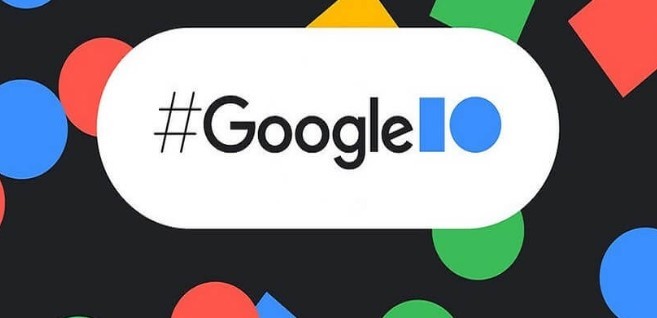
Google Bard Is Finally Available
The world’s most popular search engine, Google, has at long last entered the artificial intelligence arms race by introducing a feature called Bard, which requires users to sign up before they can use it. In reality, Google Bard is an artificial intelligence (AI)-driven chatbot created by the search giant to compete with Microsoft’s Bing chatbot. Back in February, they made the announcement. Those who are fascinated by these bots will be pleased to learn that Google Search now offers an experimental conversational AI service that they may use to have a discussion.
This is fantastic news for those individuals. It is important to highlight the fact that anyone who is interested can sign up for the queue that Google maintains in order to gain access. Despite this, a number of customers have reported receiving invitation emails only a few hours after signing up for the service.
- Bard can help you write your first novel
- It can draft a packing list for your weekend trip
- It can easily outline a blog post about your summer mocktail recipes
- Bard can give reasons for large language models making mistakes
- Bard can create an art studio tagline
- It can help you find high-protein options to add to a vegan diet
Google Bard Is Finally Available?
It is capable of performing a variety of different functions. Let’s see if it will be able to give its competitors like Chatgpt and the Microsoft Bing AI Bot a tough race to the finish line. It is important to note that at this time, access to the beta version of Google Bard is only available in the United States and the United Kingdom. Despite this fact, the major search engine does not permit Google Workspace accounts in order to submit a request for an invitation.
Bard is using a “lightweight and optimized version of LaMDA,”
This indicates that the OpenAI-powered Bing chat interface will not be replicated in the chatbot, which will result in a unique user experience. In point of fact, it is not intended to compete with Google Search. Google says that it is complementary to the product. The business has been advising customers that because Bard learns from a wide variety of material, which may contain real-world biases and preconceptions, there is a significant risk that the chatbot may occasionally deliver information that is erroneous, deceptive, or otherwise false. It is anticipated that over time, based on input, it will become better.



